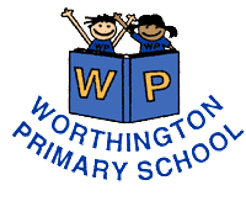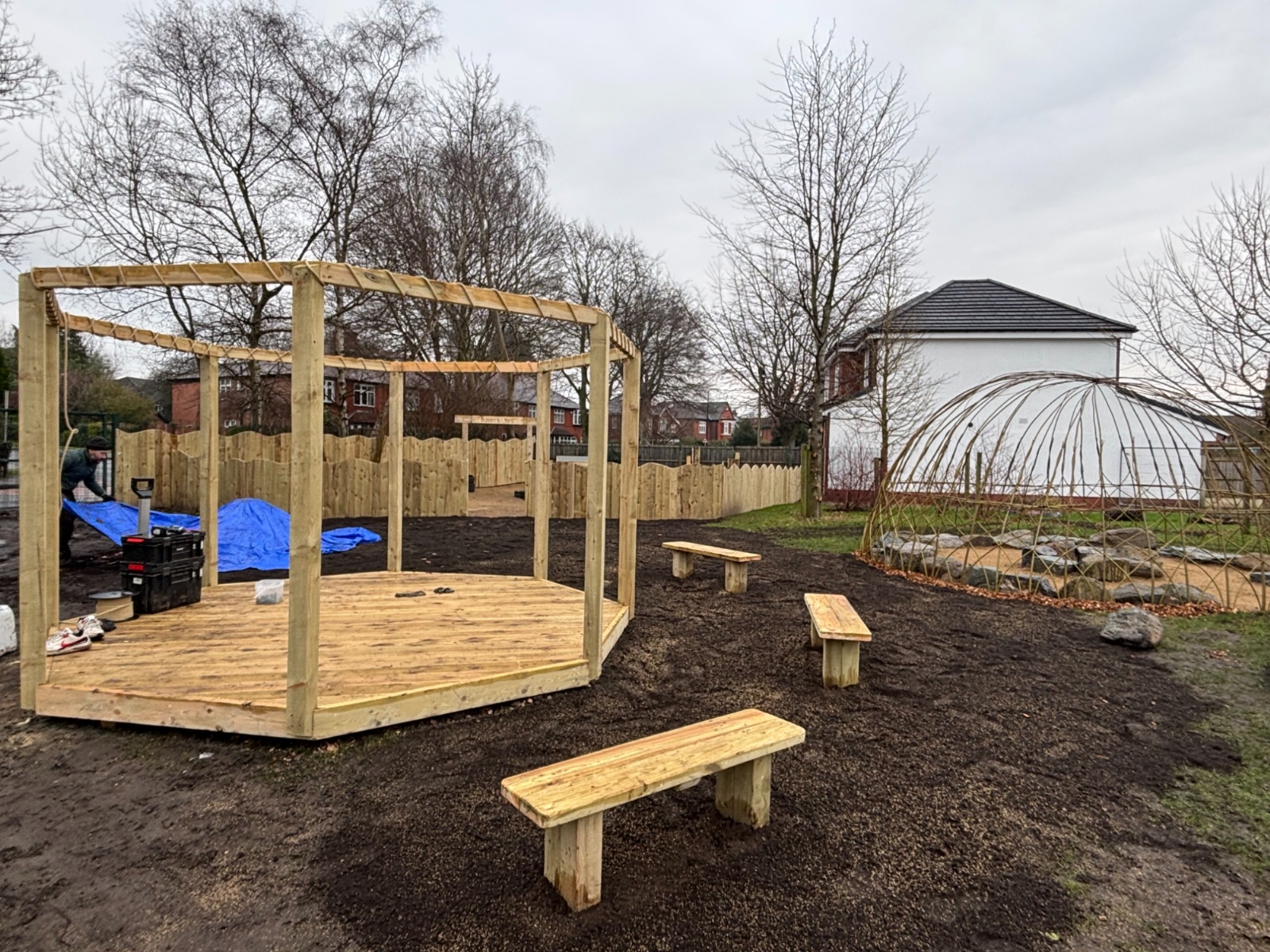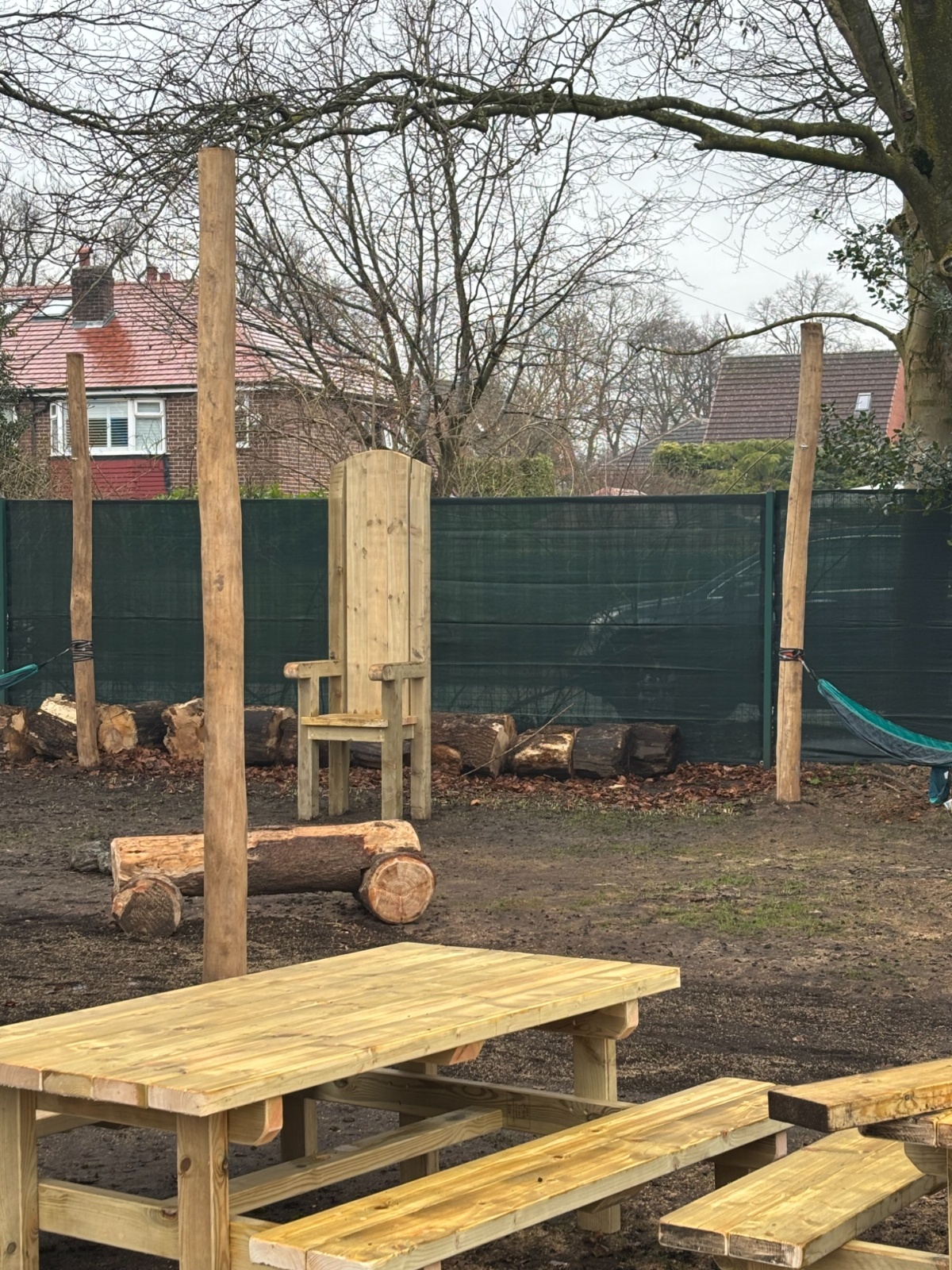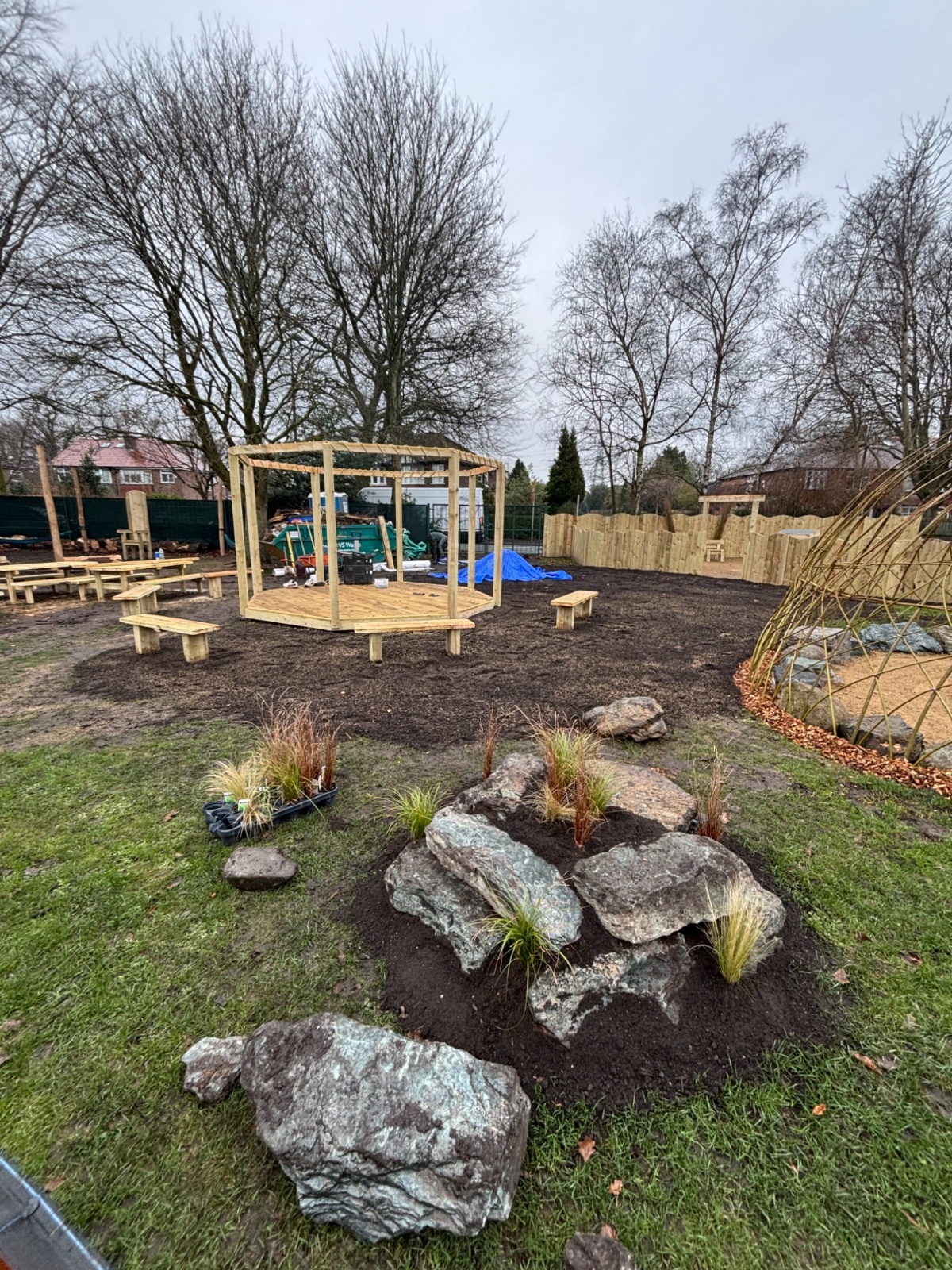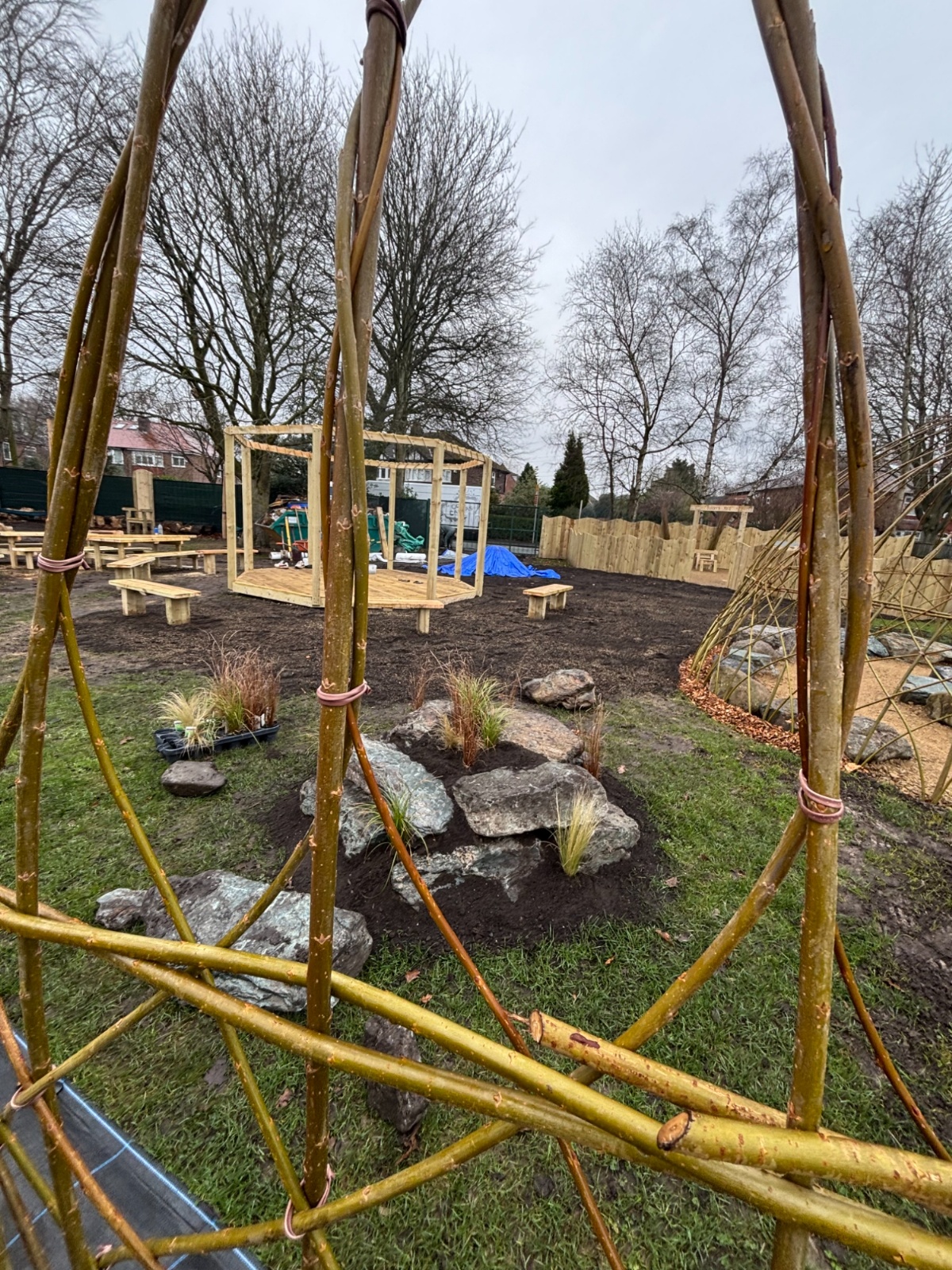Maths
Worthington Primary School Maths Curriculum Statement
Maths Curriculum Intent
At Worthington our intent is to ensure our children have access to a high-quality Maths curriculum that is both challenging and enjoyable. We provide our children with a variety of mathematical opportunities, which will enable them to make the connections in learning and foster a greater depth in their mathematical knowledge. We ensure our children are fluent and flexible in their methods and are able to reason and problem solve confidently, whilst challenging others in a meaningful way. Children are able to answer questions in full sentences, clearly articulating their understanding and application of key concepts. Staff at Worthington have a deep understanding of the needs of all children, allowing Quality First Teaching within Maths lessons every day. It is important for children to understand the context in which they learn new concepts and how this relates to real life. Parental involvement is imperative to enhancing our Maths curriculum and ensuring a positive mathematical mindset for all stakeholders at our school.
Maths Curriculum Implementation
Our curriculum is designed to develop children’s knowledge and understanding of Mathematical concepts from Nursery through to Year 6. We follow the National Curriculum and Early Years Foundation Stage Framework and tailor this to the needs of our children in the following way. We are currently on our local Maths Hub ‘Teaching for Mastery’ course and as of September 2024, are on the Development Phase of the programme which allows for collaborative professional development across and within school. We are working with our local Maths hub.
Our concrete, pictorial, abstract approach focuses heavily on the use of representations and manipulatives. It underpins our teaching to ensure that children have a solid foundation. Staff use our ‘Calculation Policy’ that includes models and representations progressively. Our ‘Calculation Policy’ is based on the Haylock and Coburn Connections Model which suggests that understanding mathematics involves identifying and understanding connections between mathematical ideas. Effective learning in mathematics takes place when the learner makes cognitive connections.
Nursery follows the ‘Number blocks’ programme with the NCETM. Reception through to Year 6 follow the White Rose Scheme of Learning which ensures consistency and progression across school. The scheme also allows staff to develop their own subject knowledge and professional development. As a school, we ensure we teach in small steps to allow a strong and secure understanding of mathematical concepts. These concepts are revisited across year groups. Staff are confident to discuss with the Maths Lead, the order and sequencing of lessons to meet the needs of their children and are free to spend a longer or shorter time on specific skills based on the needs of their class.
Short term planning is used alongside our other core and foundation subjects; using Smart Notebook as our basis for planning. White Rose resources are used and supplemented with NCETM Professional Development materials. Staff use White Rose Small Steps as the basis of planning and use resources available to plan for the needs of their children. Lessons are adapted to meet needs of all learners within the class through targeted support, questioning and resources.
Early Years have short Maths carpet sessions followed by small group Maths activities, in addition to Maths activities being planned for in Continuous Provision. From Year 1 upwards, year groups have an hour lesson of Mathematics each day. All year groups revisit prior learning, address misconceptions, use models and representations and use Stem Sentences throughout their lesson. Children complete an additional daily ‘Flashback Four’ which promotes fluency, revisiting prior learning and skill development.
The Teaching for Mastery vision adopted at Worthington, ensures that all children should be working at Greater Depth at their own level. Daily ‘Keep Up’ sessions are used to ensure that children ‘Keep up not catch up’. Weekly timetabled provision follows the DfE’s Ready to Progress Criteria for children who need to practise prior knowledge and concepts. The criteria prioritise skills to allow children to make accelerated progress. Children with SEND who require more support in addition to the above, have access to Dynamo Maths and The Engagement Curriculum that is planned to meet their needs.
Teachers have a Maths Working Wall for their classroom display. Teachers use it as a reference whilst teaching and pupils should find it useful when working on maths activities, consequently the working wall should always be amended and adapted according to the learning taking place in the classroom.
Low stakes homework is key to our curriculum and ensures that children and parents feel positive towards Maths. This includes Maths games and websites based on the needs of classes and individual children. Knowledge Organisers are sent home after each unit of work to help consolidate learning and support parents with current procedural knowledge and vocabulary. Reception and Year 1 sent out Maths Packs that include a range of manipulatives to use at home. Staff regularly update their Class Dojo page to engage with parents on how to use their packs at home.
Maths Curriculum Impact
The impact of a high – quality curriculum in maths is assessed through summative and formative assessment. Quality first teaching means that adults intervene and feedback quickly and assess the learning occurring in their classroom and make amendments to planning and provisions. We use internal data termly for teachers and leaders to reflect on every pupil. EYFS classes and Year 1 create their own age appropriate assessments to assess children attainment and next steps (Reception also carry out the Reception Baseline Assessment in the Autumn Term). Year groups use White Rose End of Unit assessments as a formative assessment to reteach any areas that children are not as confident with. Children from Year 2 complete NTS tests termly, these give adults a standardised score and Maths age. This can support the teacher’s judgement and create a professional discussion for moderation. Using this data, teachers make amendments to planning based on this may plan interventions if accelerated progress is needed.
The impact of our curriculum is also measured through book looks, learning walks and pupil and parent voices.
National Assessments include:
-
- Year 2 (End of Key Stage 1) – children complete non-compulsory National Curriculum assessments to inform teacher assessment in Mathematics.
- Year 4 Multiplication Times Table Check.
- Year 6 (End of Key Stage 2) - children complete National Curriculum assessments which are used to inform a teacher assessment in Mathematics.
